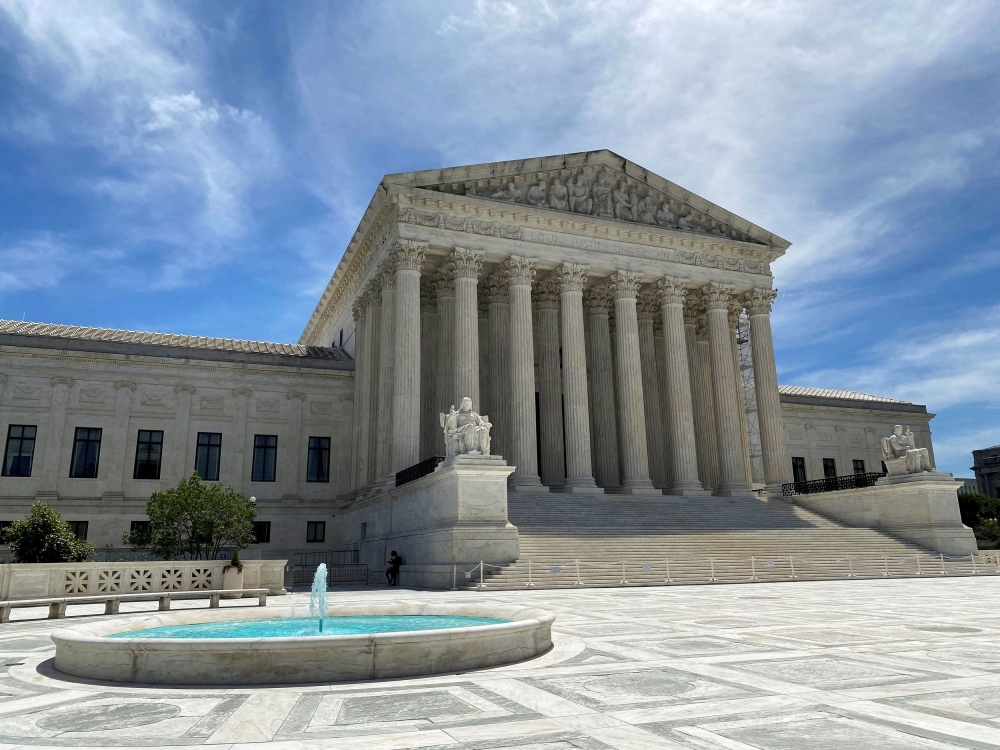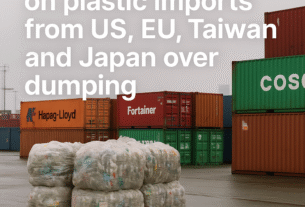In a highly charged ruling, the US Supreme Court has sided with former President Donald Trump’s administration, allowing immigration agents to resume sweeping raids across Southern California — raids that critics say disproportionately target Latinos based on their race, language, and economic status.
This decision effectively freezes a previous federal court order that had banned immigration officers from stopping or detaining individuals without concrete evidence they were in the US unlawfully. That order, issued by Los Angeles-based Judge Maame Frimpong, emphasized that racial profiling and language-based targeting were unconstitutional under the Fourth Amendment.
Now, with the Supreme Court’s brief, unsigned ruling, enforcement officers once again have free rein to carry out so-called “roving patrols.” These patrols had drawn widespread outrage earlier this year, especially as armed federal agents began appearing in neighborhoods, often unannounced and masked, creating fear and chaos in immigrant-heavy communities.
California Governor Gavin Newsom didn’t mince words, calling the court’s move a “parade of racial terror” and slamming the influence of Trump-appointed justices on what he sees as a dangerous shift in constitutional protections. “Trump’s private police force now has a green light to come after your family,” he warned.
Justice Sonia Sotomayor, the first Hispanic justice on the high court, issued a passionate dissent. “Rather than stand idly by while our constitutional freedoms are lost, I dissent,” she wrote. Her powerful words echo the fears felt by many across California and beyond — especially those working low-wage jobs or simply speaking Spanish in public.
Attorneys representing the plaintiffs, including US citizens caught up in the raids, argue that these actions are less about law enforcement and more about racial profiling. “It’s a racist deportation scheme,” said Mohammad Tajsar of the ACLU of Southern California.
Despite claims by Attorney General Pam Bondi and others that the ruling is a “massive victory” for enforcement, critics see it as a devastating setback for civil liberties.
A Dangerous Precedent
This isn’t just a legal battle — it’s about who gets to feel safe in America. For millions, this ruling sends a message: that how you look, speak, or where you work can make you a target.
In the end, beyond the legalese and politics, this is a story about families — American families — who are now forced to live in fear of losing everything because of how they look or sound. No parent should fear that a knock at the door could mean never seeing their children again. No child should worry that speaking Spanish in public might cost them their family.
It’s a sobering moment. Not just for immigrants, but for all Americans who believe in fairness, due process, and equal protection under the law. The question we must all ask is: Who’s next?





